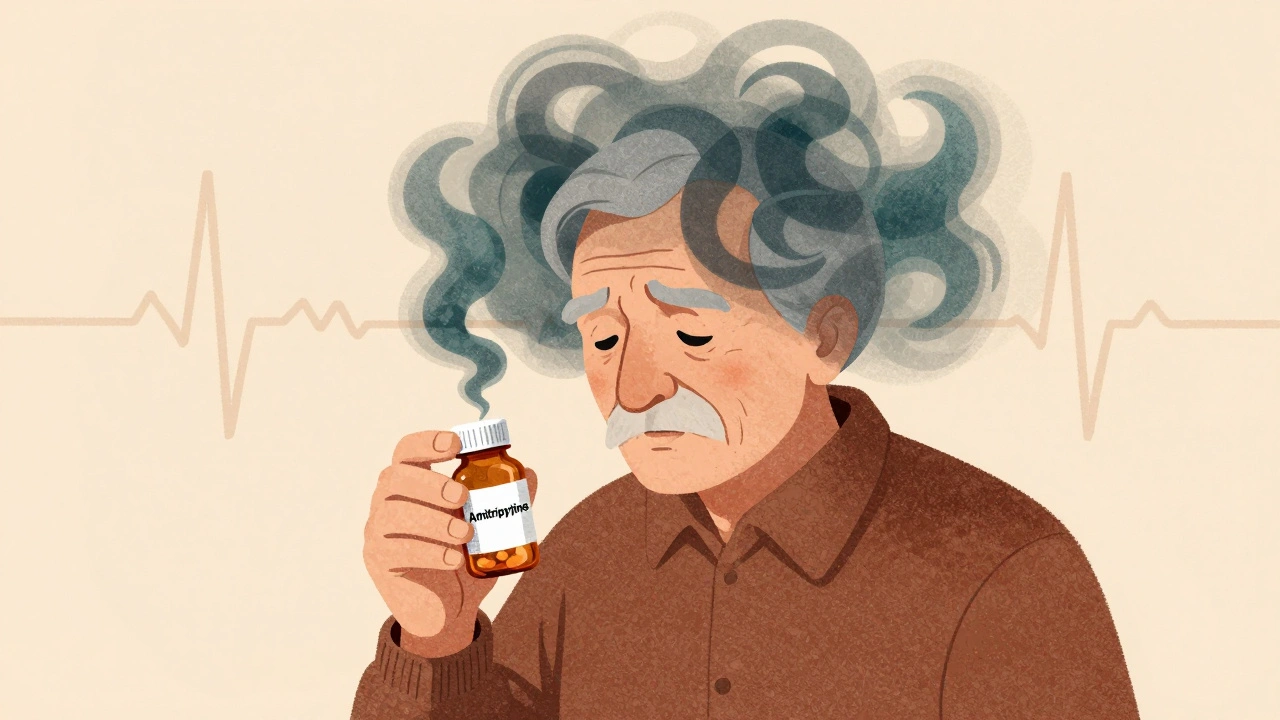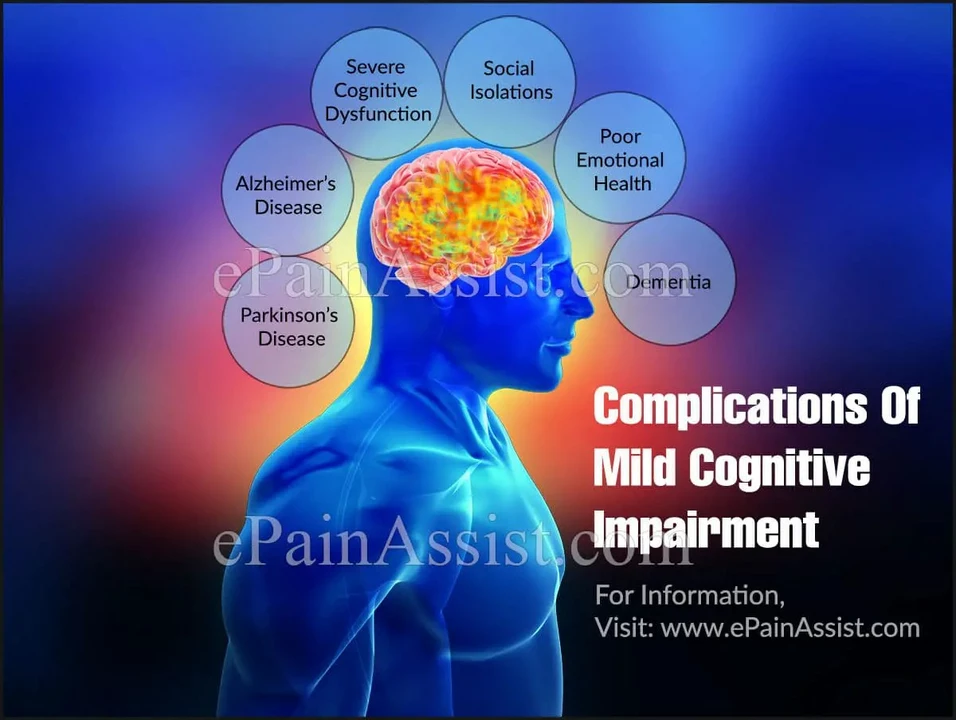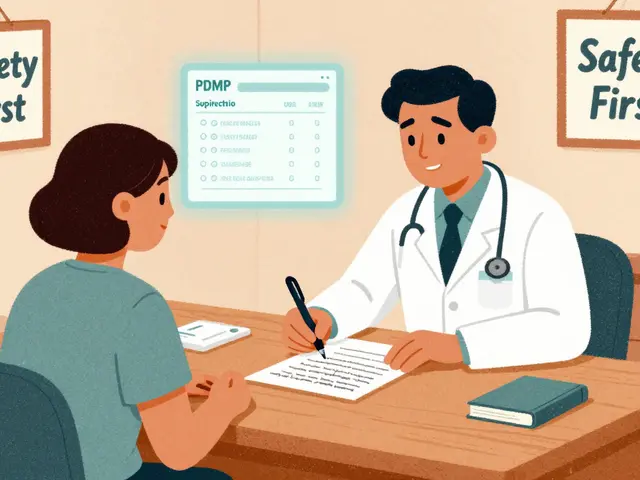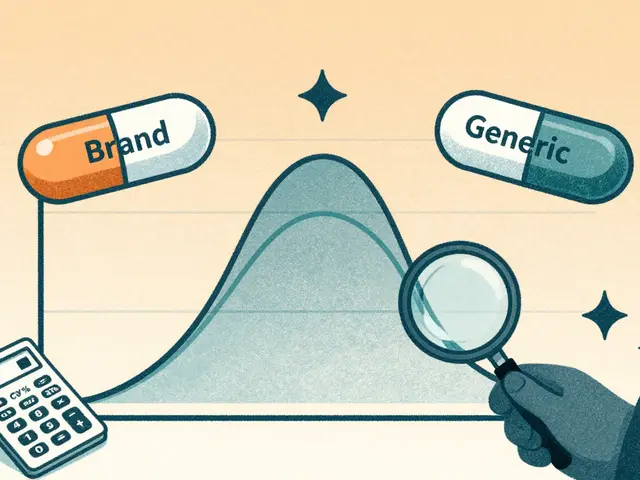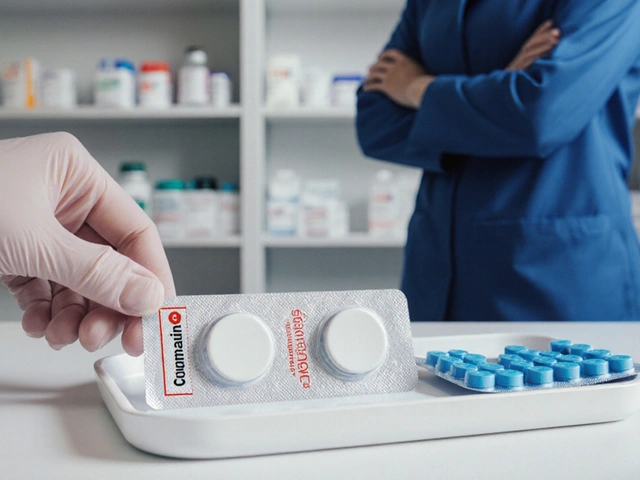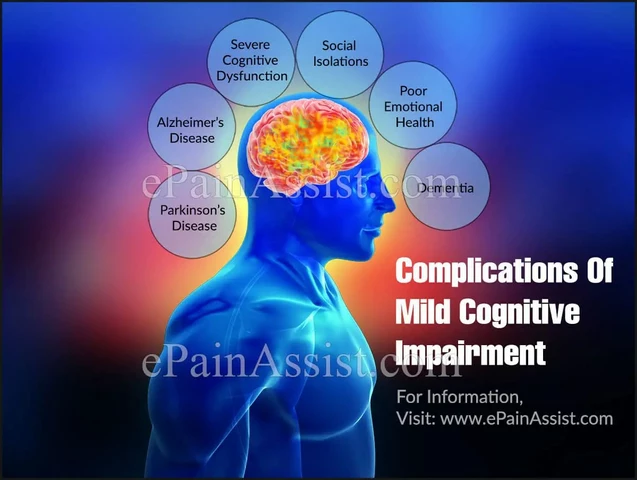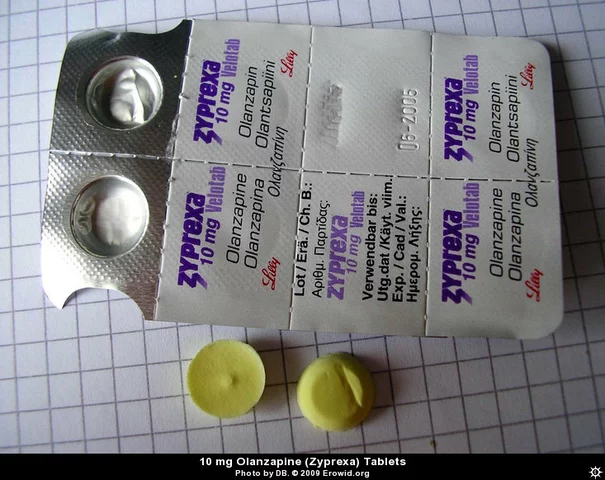Cognitive decline: what to watch for and how to act
Noticing forgetfulness or slower thinking? That doesn’t always mean dementia. But small changes now can make a real difference later. This page gives straight-up, useful steps you can use today — and clear signs that mean you should talk to a doctor.
What causes cognitive decline?
Think of your brain like an engine: age is one factor, but wear and tear from other problems causes most damage. High blood pressure, diabetes, smoking, obesity, and untreated sleep apnea raise risk. Certain medicines — especially anticholinergics (some allergy pills, bladder meds), long-term benzodiazepines, and heavy-dose opioids — can slow thinking. Hearing loss, social isolation, depression, and little physical activity also matter.
Some causes are reversible. B12 deficiency, thyroid problems, chronic alcohol use, and medication side effects can all harm memory but improve after treatment. That’s why a simple check with your GP is worth it if memory changes affect daily life.
Practical steps you can start today
Pick a few of these and stick with them — small habits add up.
1. Move more. Aim for 150 minutes of moderate activity a week (brisk walking, cycling). Exercise improves blood flow to the brain and helps with mood and sleep.
2. Eat brain-friendly food. Follow the Mediterranean or MIND pattern: lots of vegetables, berries, whole grains, fish, nuts, olive oil, and limited processed food. Studies consistently link these patterns to slower cognitive decline.
3. Sleep well. Get 7+ hours night. If you snore loudly or wake gasping, ask about sleep apnea — treating it often helps thinking and energy.
4. Control vascular risks. Keep blood pressure, blood sugar, and cholesterol in target ranges. Small improvements here are some of the most effective ways to protect thinking ability.
5. Reduce risky meds. Ask your GP or pharmacist for a medication review. Point out sleeping pills, strong antihistamines, or bladder drugs. Sometimes a safer alternative exists.
6. Stay socially and mentally active. Social contact, learning new skills, puzzles, or classes help build mental reserve. Even group walks or a weekly hobby works.
7. Check hearing and mood. Hearing loss and depression can look like memory problems. Treating them often improves daily functioning.
If memory loss is progressive, gets worse over months, or affects daily tasks (money, driving, hygiene), see your GP now. Expect blood tests, cognitive screening (MoCA or MMSE), and sometimes brain imaging or referral to a memory clinic. Early diagnosis opens treatment options and planning.
If you buy medicines online, stick to legitimate pharmacies and keep your prescriber in the loop — wrong doses or fake meds can harm thinking. Small, steady changes and a quick check with your doctor can protect your brain more than you might expect.
